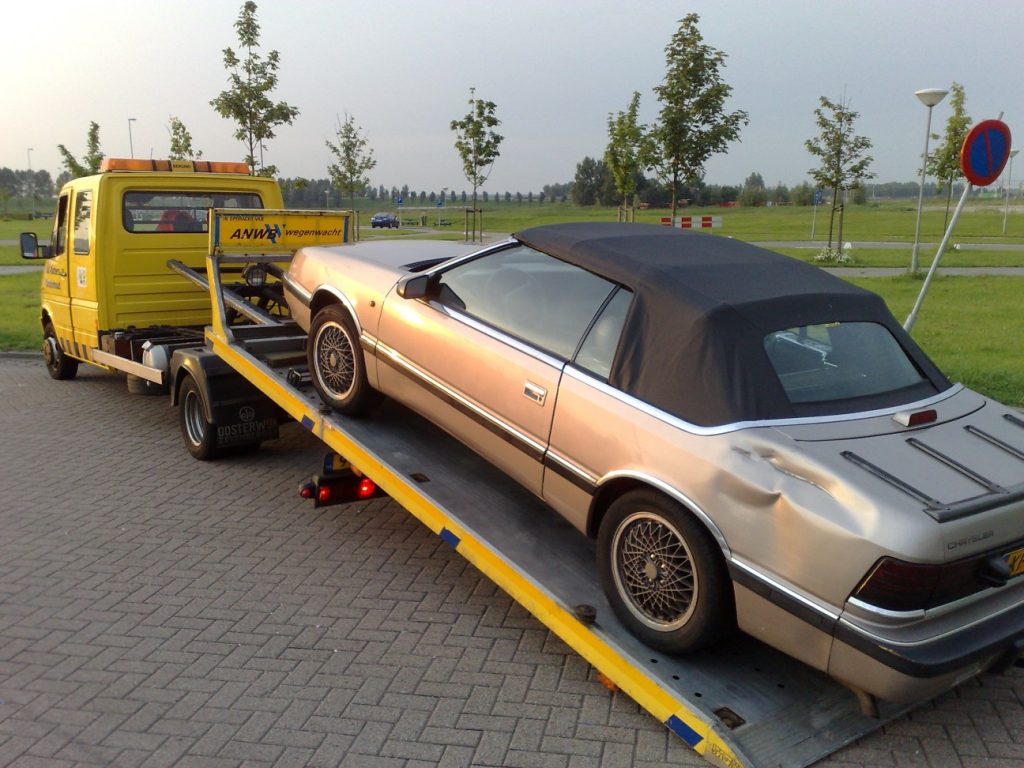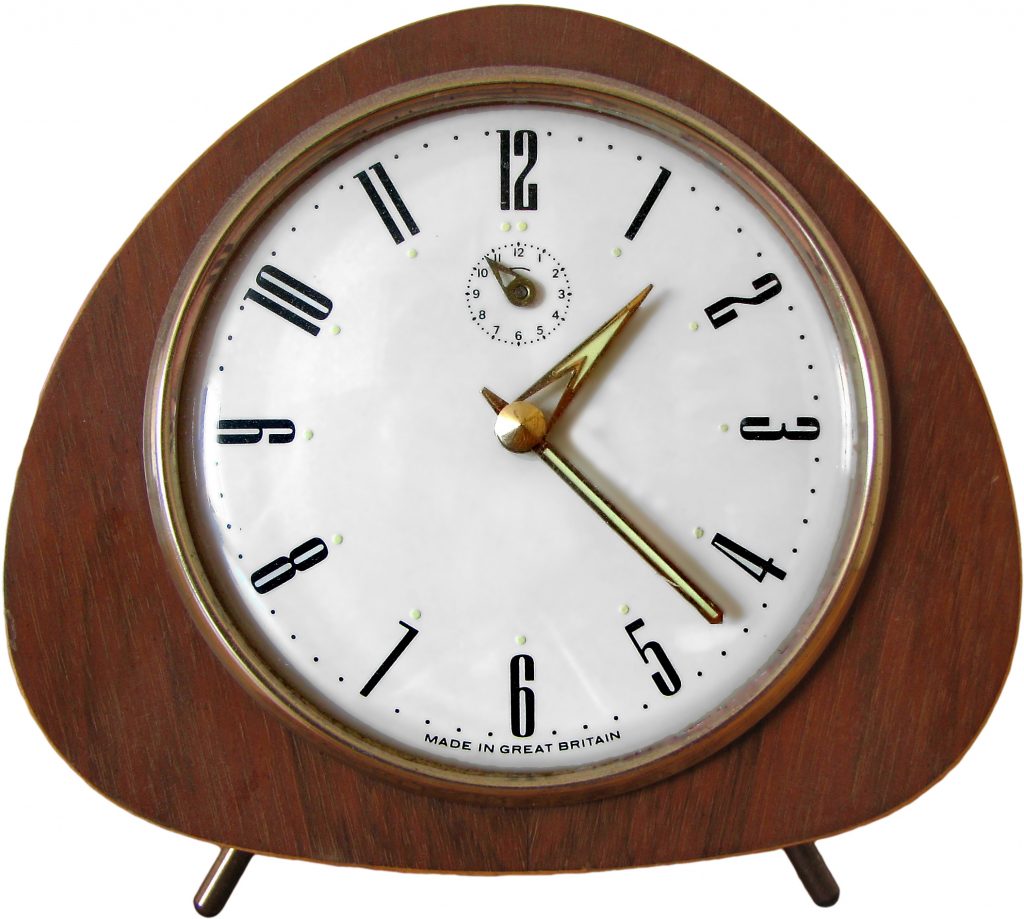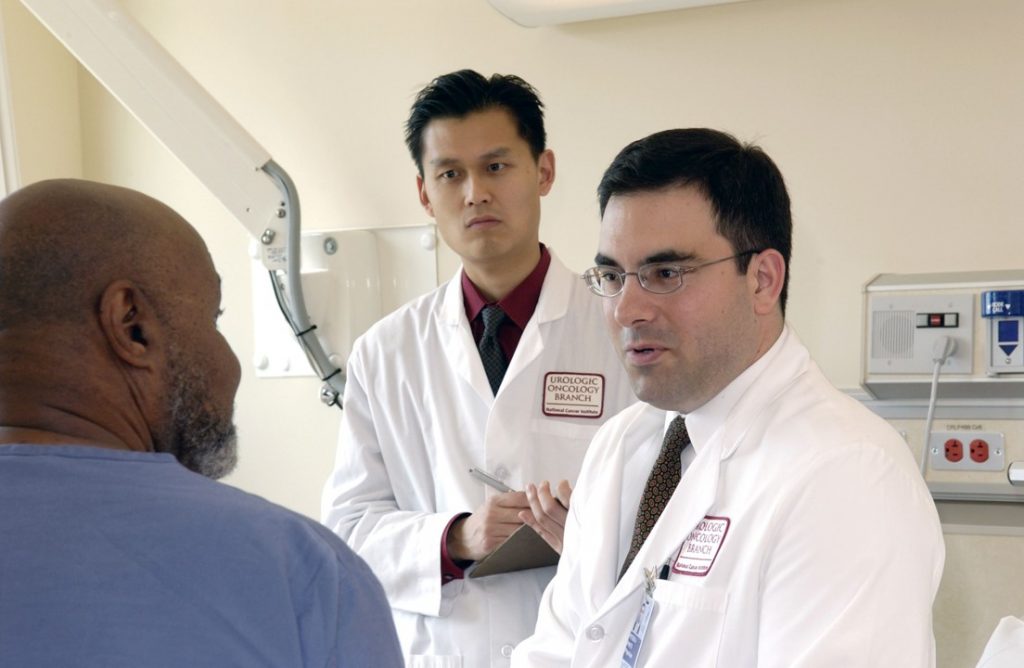 Arbitration is a matter of contract. Parties to an arbitration agreement contract on matters they agree to submit to arbitration. That agreement defines the extent to which the parties are subject to the authority of arbitrator, and such authority corresponds to the boundaries set in the agreement. This case is an example of an attempt to enlarge those boundaries and of the consequences of such attempt.
Arbitration is a matter of contract. Parties to an arbitration agreement contract on matters they agree to submit to arbitration. That agreement defines the extent to which the parties are subject to the authority of arbitrator, and such authority corresponds to the boundaries set in the agreement. This case is an example of an attempt to enlarge those boundaries and of the consequences of such attempt.
Jacob Chandler sued his business partner in East Baton Rouge and decided to hire attorney Preis Gordon to represent him. They entered into a written agreement that had a “Fee Contract,” which contained an arbitration clause. Soon after the completion of the lawsuit for which Chandler hired Gordon, it was Gordon who filed a petition in the East Baton Rouge Parish District Court against Chandler seeking a payment of legal fees. Soon the matter was directed to an arbitrator, in accordance with the arbitration clause in the agreement. The arbitrator denied Gordon his claims for legal fees and awarded attorney and expert witness fees totaling altogether almost $43,000 to Chandler.
Chandler contended that Section 10 of the Fee Contract provided the basis for arbitrator’s award. In particular, it that “Client further agrees that any award by arbitrator shall include the costs and expenses of the arbitration, including attorneys’ fees actually incurred.” Based on this, the arbitrator awarded Chandler attorney fees, finding that the Fee Contract provided for prevailing party to recover attorney fees.
 Louisiana Personal Injury Lawyer Blog
Louisiana Personal Injury Lawyer Blog


 What would it take for an appellate court to overturn an award of damages? According to the Louisiana 3rd Circuit Court of Appeal, the bar is set high and very rarely does an award for damages get overturned as long as it’s reasonable. Lafayette Motors employed Mr. Menard as a service advisor. In August 2003, Dr. Stroy came to Lafayette Motors to obtain a copy of the repair estimate for his wife’s car. While Menard made a copy of the estimate, the shop manager instructed Menard not to give the estimate to Dr. Stroy. Menard crumpled up the estimate to place it in the trash; however his right wrist was grabbed and twisted by Dr. Stroy. Dr. Story proceeded to take the estimate and leave the premises with it. Menard had injuries to his wrist and arm and was later diagnosed with tendinitis by an orthopedic surgeon. Almost ten years later, Menard testified he still had pain in his wrist.
What would it take for an appellate court to overturn an award of damages? According to the Louisiana 3rd Circuit Court of Appeal, the bar is set high and very rarely does an award for damages get overturned as long as it’s reasonable. Lafayette Motors employed Mr. Menard as a service advisor. In August 2003, Dr. Stroy came to Lafayette Motors to obtain a copy of the repair estimate for his wife’s car. While Menard made a copy of the estimate, the shop manager instructed Menard not to give the estimate to Dr. Stroy. Menard crumpled up the estimate to place it in the trash; however his right wrist was grabbed and twisted by Dr. Stroy. Dr. Story proceeded to take the estimate and leave the premises with it. Menard had injuries to his wrist and arm and was later diagnosed with tendinitis by an orthopedic surgeon. Almost ten years later, Menard testified he still had pain in his wrist. Timing and deadlines are important aspects of the judicial system. However, these specific guidelines are not familiar to most non-lawyers, which underscores the importance of having an excellent attorney represent you. The lack of an attorney can immediately put an individual at a disadvantage, as it did in one New Orleans woman’s case.
Timing and deadlines are important aspects of the judicial system. However, these specific guidelines are not familiar to most non-lawyers, which underscores the importance of having an excellent attorney represent you. The lack of an attorney can immediately put an individual at a disadvantage, as it did in one New Orleans woman’s case. Running a small business is a challenging endeavor that can prove even more difficult if someone publishes false information about your company. This is situation is exactly what happened to husband and wife Robbie and Susan Arnaud, owners of Robbie’s Wrecker Service, a towing business located just outside Eunice, Louisiana.
Running a small business is a challenging endeavor that can prove even more difficult if someone publishes false information about your company. This is situation is exactly what happened to husband and wife Robbie and Susan Arnaud, owners of Robbie’s Wrecker Service, a towing business located just outside Eunice, Louisiana. Navigating any lawsuit can be challenging, especially when the initial trial gives rise to complicated appeals. In this instance, the plaintiff was left wondering how jury instruction impacted her medical malpractice lawsuit.
Navigating any lawsuit can be challenging, especially when the initial trial gives rise to complicated appeals. In this instance, the plaintiff was left wondering how jury instruction impacted her medical malpractice lawsuit.  If you are injured and think another party might be at fault, it is important to contact an attorney as soon as possible. If you wait too long, your claim, and any chance of recovering damages could expire, leaving you with little recourse against the responsible party. In the law, this is referred to as prescription, and different claims have different time periods before they prescribe, i.e., expire. In Louisiana, the doctrine of prescription protects defendants from having to defend against stale claims by requiring plaintiffs to file suit in a court of competent jurisdiction and venue within a specified time period and to pursue that suit in a timely manner. There are additional rules determining what actions serve to interrupt the running of prescription, but generally, prescription begins to run from the day damage is sustained,
If you are injured and think another party might be at fault, it is important to contact an attorney as soon as possible. If you wait too long, your claim, and any chance of recovering damages could expire, leaving you with little recourse against the responsible party. In the law, this is referred to as prescription, and different claims have different time periods before they prescribe, i.e., expire. In Louisiana, the doctrine of prescription protects defendants from having to defend against stale claims by requiring plaintiffs to file suit in a court of competent jurisdiction and venue within a specified time period and to pursue that suit in a timely manner. There are additional rules determining what actions serve to interrupt the running of prescription, but generally, prescription begins to run from the day damage is sustained,  In deciding whether to dismiss a specific case, the Appellate Court should consider many factors. Among them are subject matter jurisdiction and statutory of limitation. The claims might be dismissed if they are filed to a wrong court which does not have the legal power to adjudicate on this case, or if they are filed too late (peremption) because laws encourage people to file a lawsuit timely.
In deciding whether to dismiss a specific case, the Appellate Court should consider many factors. Among them are subject matter jurisdiction and statutory of limitation. The claims might be dismissed if they are filed to a wrong court which does not have the legal power to adjudicate on this case, or if they are filed too late (peremption) because laws encourage people to file a lawsuit timely.  Timing is everything, especially when it comes to lawsuits. If you delay too long in filing a medical malpractice lawsuit, then you – like Mr. Verbois – may be unable to recover for the alleged negligent acts.
Timing is everything, especially when it comes to lawsuits. If you delay too long in filing a medical malpractice lawsuit, then you – like Mr. Verbois – may be unable to recover for the alleged negligent acts. In the legal world, establishing fault and determining liability is not always easy. In some situations, it may seem clear who is responsible for recovery, but in other cases the situation can become much more difficult than it initially seemed. This issue was explored after an automobile accident in Acadia Parish.
In the legal world, establishing fault and determining liability is not always easy. In some situations, it may seem clear who is responsible for recovery, but in other cases the situation can become much more difficult than it initially seemed. This issue was explored after an automobile accident in Acadia Parish. The Louisiana Supreme Court has recognized that awarding damages for medical expenses without awarding pain and suffering damages, though seemingly inconsistent, is not invalid on its face.
The Louisiana Supreme Court has recognized that awarding damages for medical expenses without awarding pain and suffering damages, though seemingly inconsistent, is not invalid on its face.